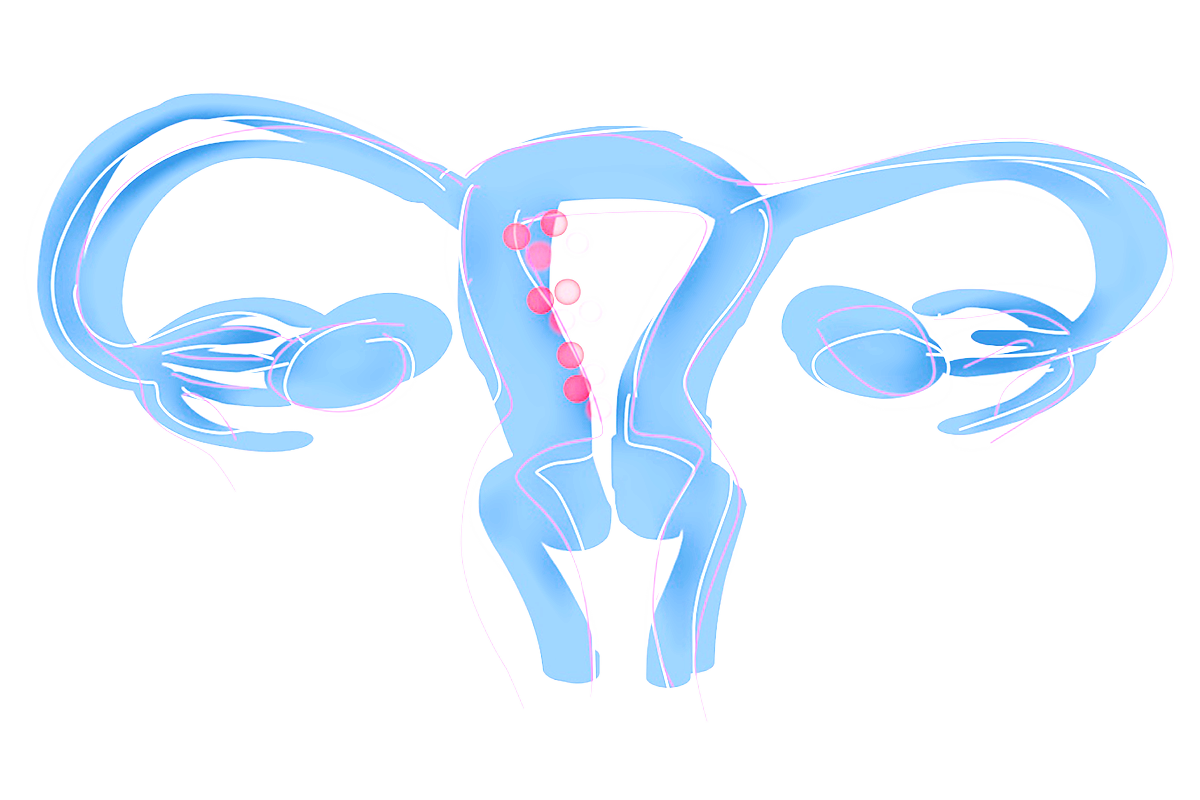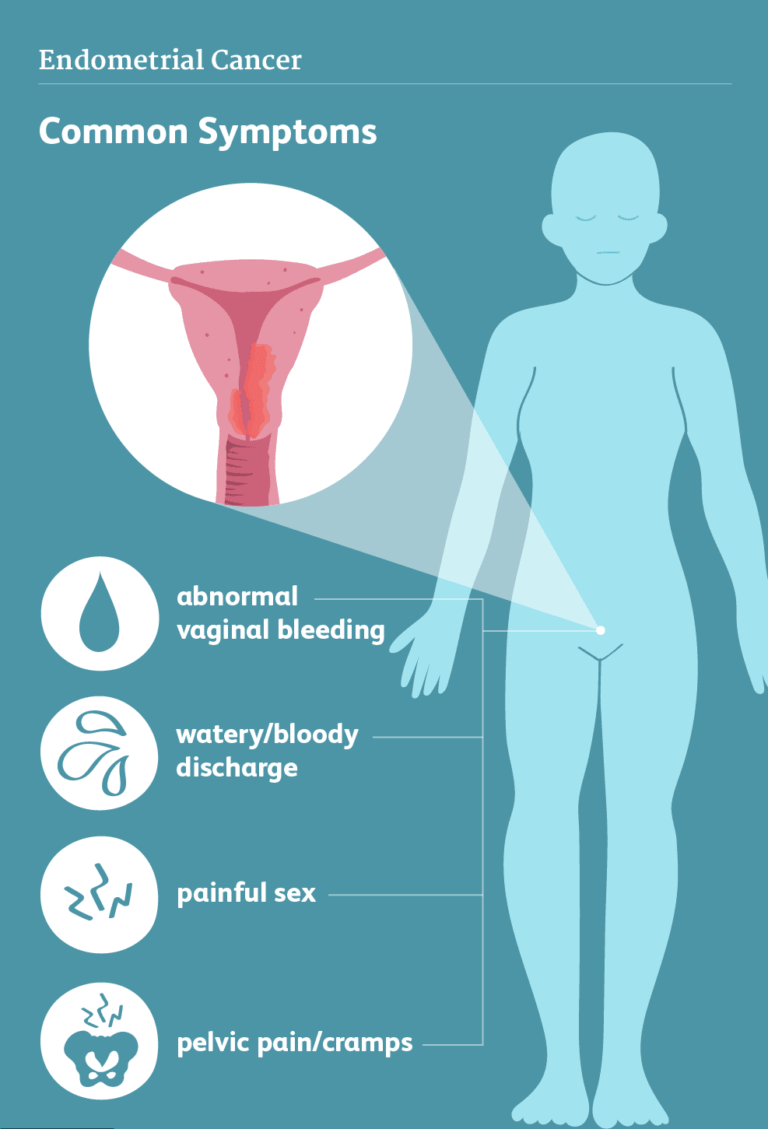Required cookies help make the site usable by enabling basic features such as Slide functions, and ensure full access to all pages on our site. The website does not work optimally without these cookies. We have considered these as paid and are therefore stored without prior consent.
Expires
session
Name
PHPSESSID
Data processor
System
Purpose
Bruges til at holde styr op brugrens session
Expires
1 year
Name
wordpress_[hash]
Data processor
System
Purpose
Ved login bruger WordPress wordpress_[hash] cookien til at gemme dine godkendelsesoplysninger.
Expires
1 year
Name
wordpress_logged_in_[hash]
Data processor
System
Purpose
Efter login indstiller WordPress wordpress_logged_in_[hash] cookien, der angiver, hvornår du er logget ind, og hvem du er, til de fleste grænsefladebrug.
Expires
1 year
Name
wp-settings-{time}-[UID]
Data processor
System
Purpose
Dette bruges til at tilpasse din visning af admin interface, og muligvis også hovedwebstedets interface.
Expires
1 year
Name
comment_author_{HASH}
Data processor
System
Purpose
Når besøgende kommenterer din blog, får de også gemt cookies på deres computer.
Expires
1 year
Name
comment_author_email_{HASH}
Data processor
System
Purpose
Når besøgende kommenterer din blog, får de også gemt cookies på deres computer.
Expires
1 year
Name
comment_author_url_{HASH}
Data processor
System
Purpose
Når besøgende kommenterer din blog, får de også gemt cookies på deres computer.
Expires
session
Name
woocommerce_cart_hash
Data processor
System
Purpose
Hjælper WooCommerce med at afgøre, hvornår vognens indhold/data ændres.
Expires
session
Name
woocommerce_items_in_cart
Data processor
System
Purpose
Hjælper WooCommerce med at afgøre, hvornår vognens indhold/data ændres.
Expires
2 dage
Name
wp_woocommerce_session_
Data processor
System
Purpose
Indeholder en unik kode for hver kunde, så den ved, hvor han kan finde vogndataene i databasen for hver kunde.
Expires
session
Name
woocommerce_recently_viewed
Data processor
System
Purpose
Giver widgeten Seneste viste produkter.
Expires
session
Name
store_notice[notice id]
Data processor
System
Purpose
Tillader kunder at afvise butiksmeddelelsen.
Expires
1 year
Name
cookie_settings
Data processor
System
Purpose
Bruges til at angive dine cookieindstillinger.



